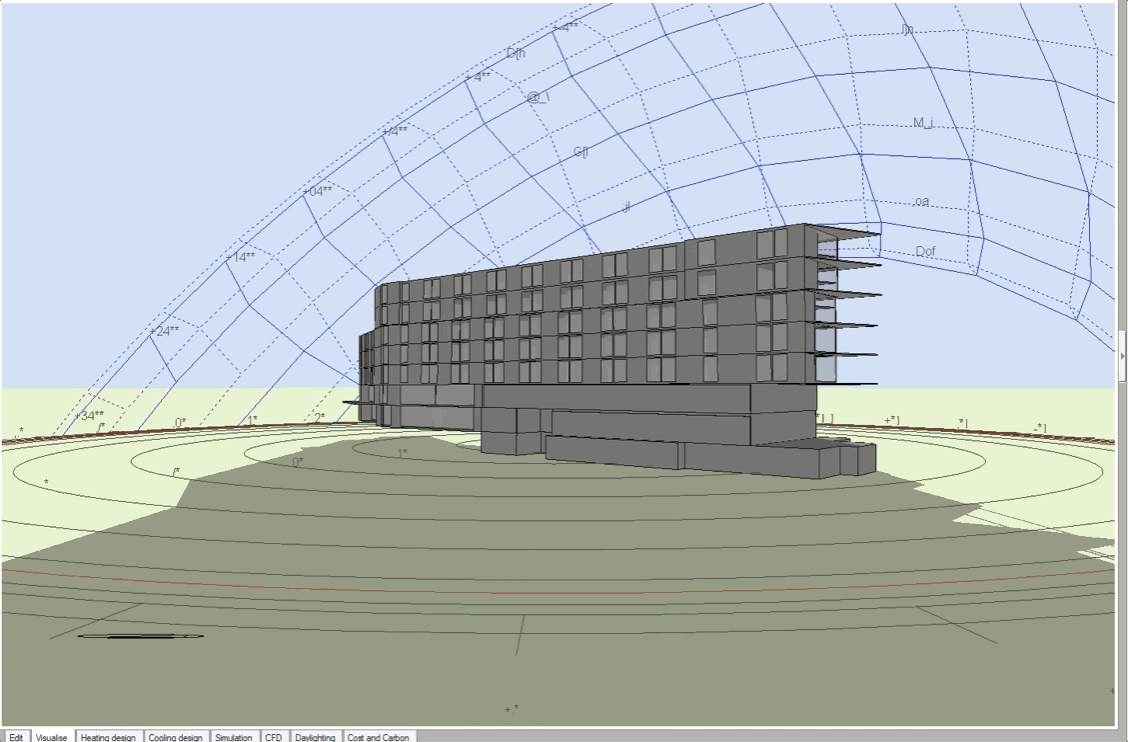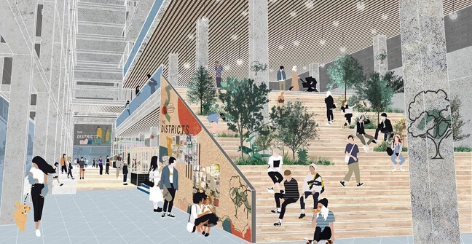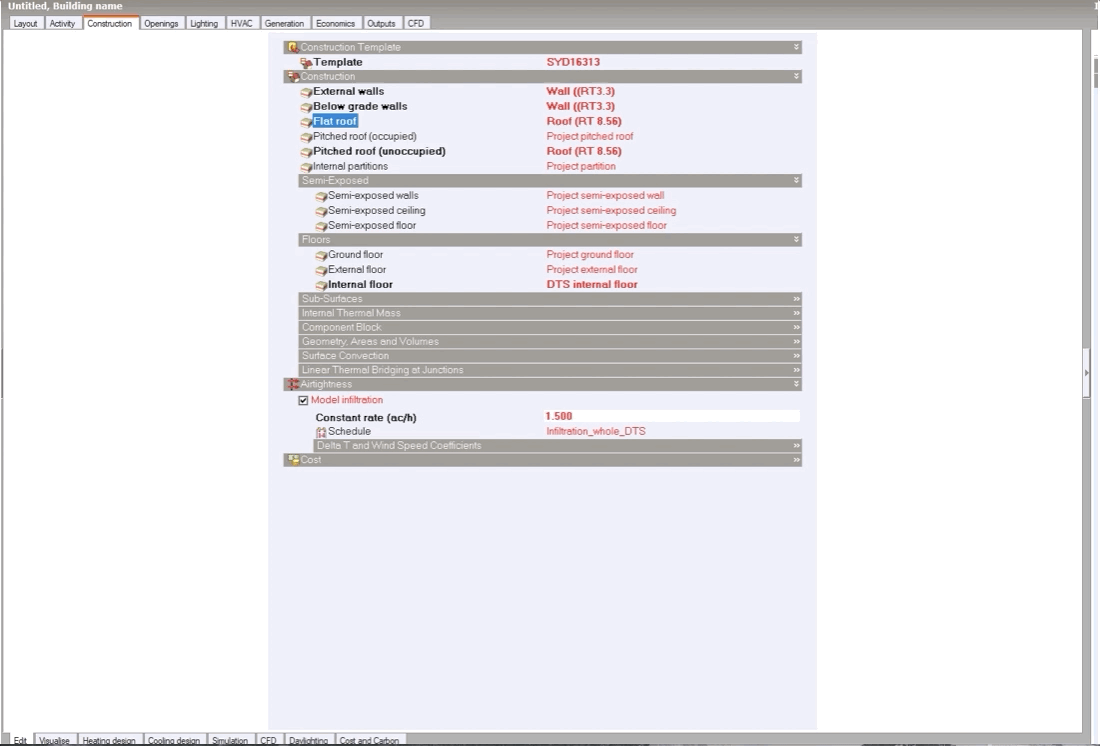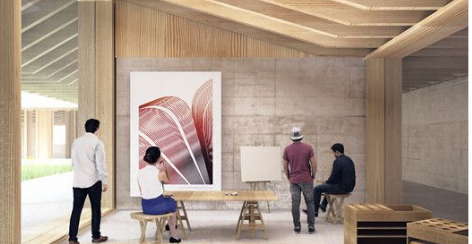1 min read
Top 7 Mistakes in Section J Reports and How to Avoid Them
Discover the most common pitfalls in Section J reports and how to sidestep them to guarantee your construction project...
Many city councils in Australia require a Section J report to accompany a Development Planning Application and/or a Construction Certificate application in order to proceed. We follow the national building code requirements

Stuck with an undesirable solution from a Section J DTS report? We use thermal modelling software to allow for innovative and flexible design solutions for your project. Prefer single glazing? No problem! We can add additional insulation in either your walls or ceiling to compensate

Green Star is Australia's trusted mark of quality for the design, construction and operation of sustainable buildings, fit outs and communities. Let us show you the benefits of choosing Green Star for your next project

CFD (Computational Fluid Dynamics) is widely used in both architectural engineering and HAVC designs. It helps architects and civil engineers lessen the effect of extreme wind loads on structures and manage wind comfort for pedestrians across all stages of the building design process.

NABERS is used to measure the environmental performance of buildings, developments, homes and tenancies. Effectively, it helps measure the water usage, energy efficiency, waste management and indoor environment quality of a building, home, development or tenancy and its total impact on the surrounding environment.

The strategic report provides key research and workshop outcomes and highlights the opportunities to build on work already underway, fill gaps and overcome barriers. This is presented in form of desired outcomes and proposed actions.

A Building Energy Efficiency Certificate (BEEC) measures the power density of lighting system installations of buildings.
BEECs are valid for a period of 12 months and includes a NABERS Energy Star Rating and a CBD Tenancy Lighting Assessment (TLA).

A certification from LEED (Leadership in Energy and Environmental Design) should indicate a healthier and much less stressed space promoting and responding to the wellbeing of the occupants. Also indicating a sustainable space reducing stress on the environment through the promotion of energy and resource-efficient buildings, higher lease rates and decreased utility costs.

LCA (Life Cycle Assessment) is a tool providing information to understand the energy usage and various environmental effects that are associated with the entire life cycle phase of a building.

Daylight modelling evaluations are becoming widespread in design practices since they have proven to be a powerful tool to extract a wealth of information on the daylighting annual performance of buildings.

Thermal control helps keep the occupants of a building more comfortable by moderating temperatures of the interior surfaces of the building and reducing drafts. It also reduces the energy consumption of a building for heating and cooling to a fraction of what it would otherwise be.

WELL is an optional energy rating that demonstrates industry excellence, showing a building has met sustainability goals, attempting to drastically reduce a buildings carbon footprint as well as attempting to improve the health and wellbeing of its occupants.

The IS rating scheme is a method used by the Infrastructure Sustainability Council of Australia to improve the productivity and liveability of industry and communities through sustainability in infrastructure. IS is a voluntary, third-party assured assessment that evaluates the overall sustainability performance of infrastructure assets.

Working with the Certified Energy Team on our Multi Unit Project at Ryde was a pleasant experience. They worked efficiently and in a timely manner, with a good eye for detail.

Fill in the form and we'll get back to you within a few hours.
Discover the most common pitfalls in Section J reports and how to sidestep them to guarantee your construction project...
Master the art of preparing a Section J report to ensure your construction project meets the National Construction Code...
Navigating the complexities of Section J compliance can be challenging. Discover essential tips for building fabric,...
FOR IMMEDIATE RELEASE
Sydney, 11 March 2025
Certified Energy is pleased to announce our...